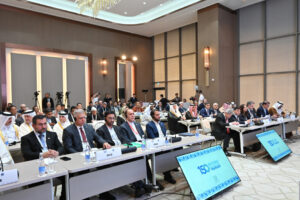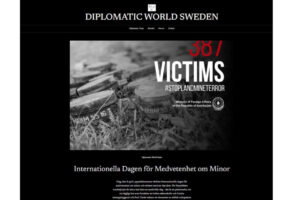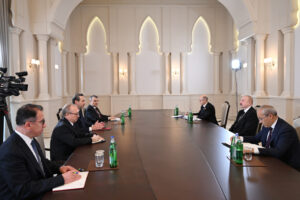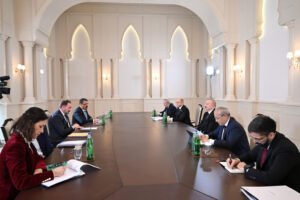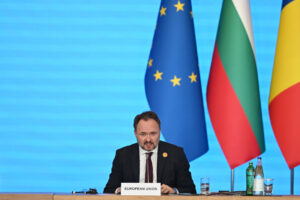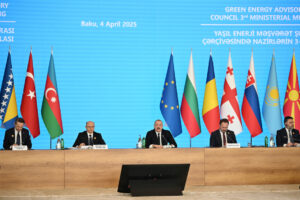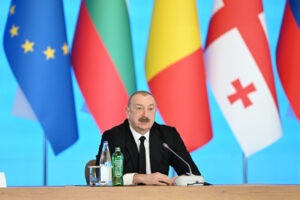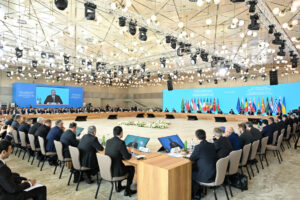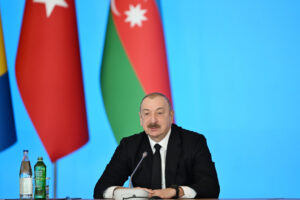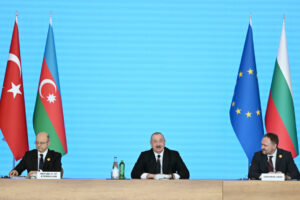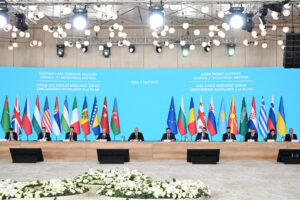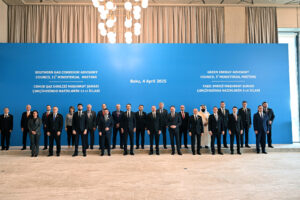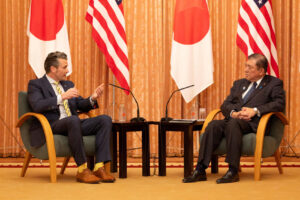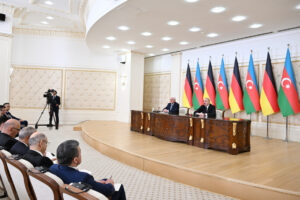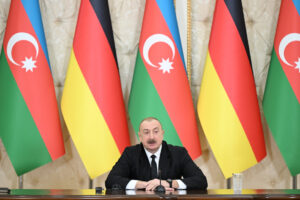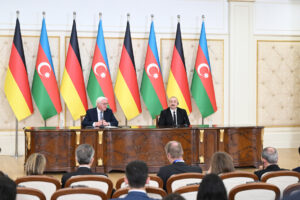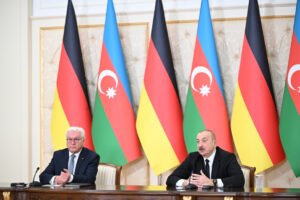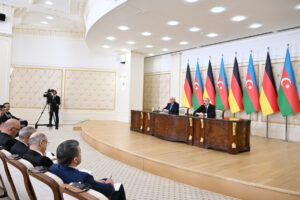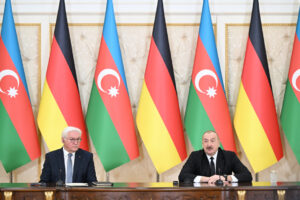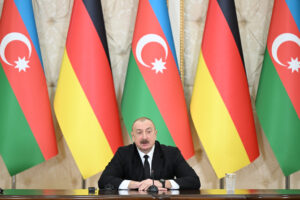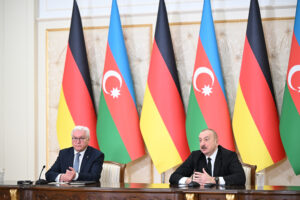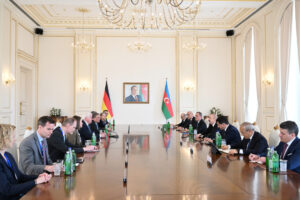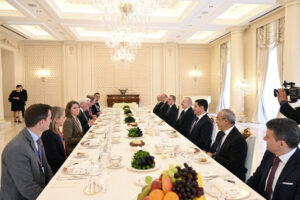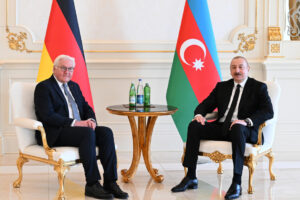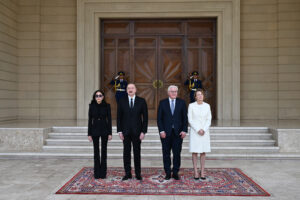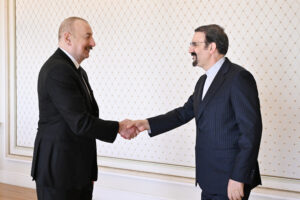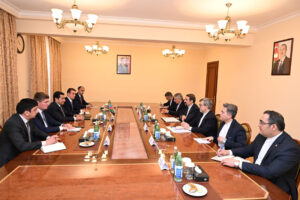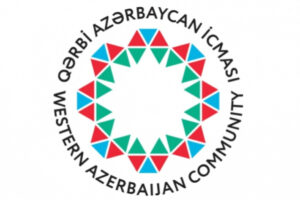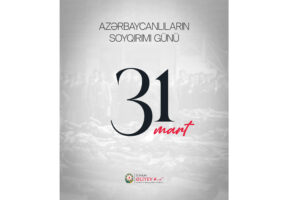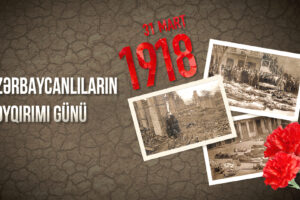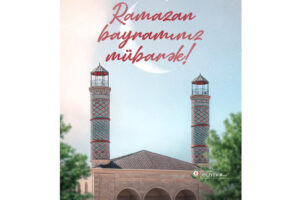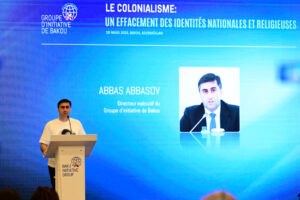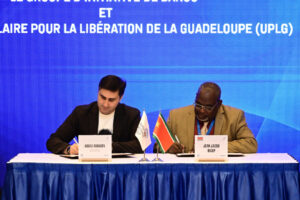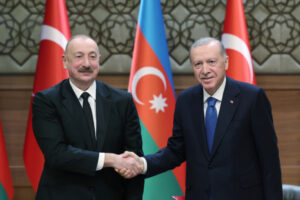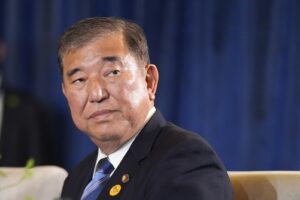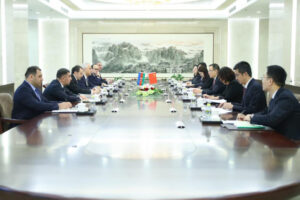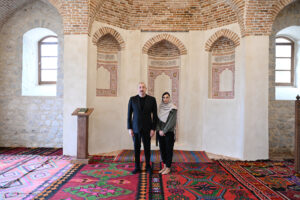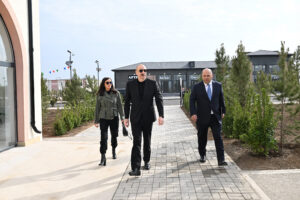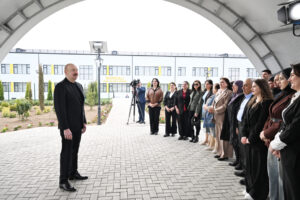Tokyo, 5 April, /AJMEDIA/
A briefing titled “Saving Lives through Humanitarian Mine Action in Azerbaijan” was held at the UN headquarters in New York on April 4, co-organized by the Permanent Mission of Azerbaijan to the United Nations and the Center for the Analysis of International Relations, marking the International Day for Mine Awareness and Assistance in Mine Action.
In his opening remarks, Tofig Musayev, Permanent Representative of Azerbaijan to the United Nations, stated that explosive weapons of war and improvised explosive devices continue to affect many countries in conflict and post-conflict situations, posing a deadly threat to civilians, military personnel, peacekeepers, and humanitarian personnel.
Tofig Musayev highlighted the severe impact of landmines contamination in Azerbaijan caused by the thirty years of the Armenian occupation, and emphasized the importance of concerted efforts to eradicate the landmine threat. He underscored that since November 10, 2020, the number of mine victims has reached 388, with most of the injured being civilians.
“Mines slow down basic reconstruction efforts and prevent internally displaced persons from returning safely to their homes. Widespread mine contamination poses serious obstacles to the implementation of sustainable development processes,” the ambassador emphasized.
Following the opening remarks, the event featured screening of a series of short videos showcasing Azerbaijan’s mine action initiatives and reconstruction efforts.
Farid Shafiyev, Chairman of the Center of Analysis of International Relations (AIR Center) gave a presentation illustrating the scale of landmine contamination left after the Armenian occupation of Azerbaijani territories, as well as the government’s efforts to address the challenges and threats posed by landmines and unexploded ordnance. Farid Shafiyev stated that the maps provided by Armenia have an accuracy of approximately 25 percent.
Anar Mutallimov, Head of the Military-Political Affairs Department of the Ministry of Foreign Affairs of Azerbaijan, described landmine actions not only as a war crime, but also a grave violation of international humanitarian law.
Devanand Ramiah, Director of Crisis Readiness, Response, and Recovery in the Crisis Bureau of the United Nations Development Programme (UNDP), highlighted the humanitarian and developmental implications of mine contamination and the UNDP’s role in supporting Azerbaijan in this regard.
Elise Becker, Executive Director of the Marshall Legacy Institute (MLI), touched upon decades-long partnership between the MLI and Azerbaijan, noting that 90 mine detection dogs were donated to Azerbaijan in this context to accelerate mine clearance efforts.
Furthermore, officials from permanent missions and organizations to the UN delivered speeches, sharing their views on mine clearance.
A photo exhibition dedicated to humanitarian mine clearance operations in Azerbaijan was launched at the UN Headquarters in New York from March 24 to April 4. The exhibition was organized by the Permanent Mission of the Republic of Azerbaijan to the UN.


